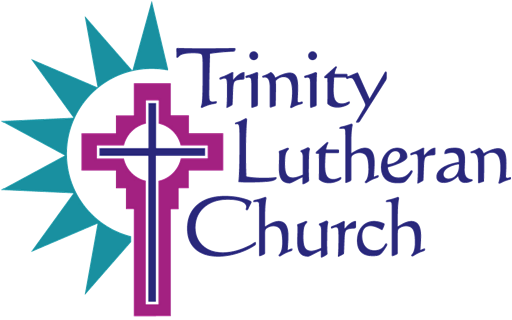
On Saturday, November 5 at the 5:30pm service, on the Mission campus, the Trinity Choir will be singing Bradley Ellingboe’s Requiem.
The choir will be accompanied by organ, flute, oboe, cello, harp, and timpani. We are singing this larger work on All Saints weekend to honor those beloved saints in our congregation, lives, and community who have died.
Here is a brief description of the tradition of the requiem mass and how it influenced Ellingboe’s Requiem:
The requiem mass originates from the tenth century Roman Catholic church. The Missa pro defunctis, or “mass for the dead,” was sung on behalf of the departed on the day of burial, or the anniversary of the person’s death. The name of the requiem mass is derived from the first lines of the Introit of the mass: Requiem aeternam dona eis, Domine (Grant them eternal rest, Lord). After the Protestant Reformation of the sixteenth century, the newly formed Lutheran and Anglican denominations forbade the use of the Catholic requiem mass. This theological change ushered in the German requiem (or Protestant requiem) tradition that would take root in seventeenth century Germany. Johannes Brahms’ Ein Deutsches Requiem, Op. 45 (1868) is the most famous example of this tradition. One of the primary differences between the Catholic and Protestant requiem traditions is for whom they are written: the Catholic requiem is a mass for the person who died while the Protestant/German requiem was written to comfort those who remain. Ellingboe’s Requiem pays homage to both the Catholic and Protestant requiem traditions. With the juxtaposition of texts from both the Catholic requiem mass, as well as texts compiled by the composer, Ellingboe’s Requiem is a modern requiem that demonstrates an understanding of the requiem form, history, and tradition.
There are many layers to Ellingboe’s choral-orchestral work, Requiem. The requiem mass traditions, Norwegian folk music and motives, Edvard Grieg’s music, and the emotional progression of grief all played significant roles in the composition process. The masterful way in which Ellingboe weaved all these elements into Requiem explains the worldwide success of this impactful work.
We hope you will join us.
Sincerely,
Brett Robison, Trinity Choir Director

